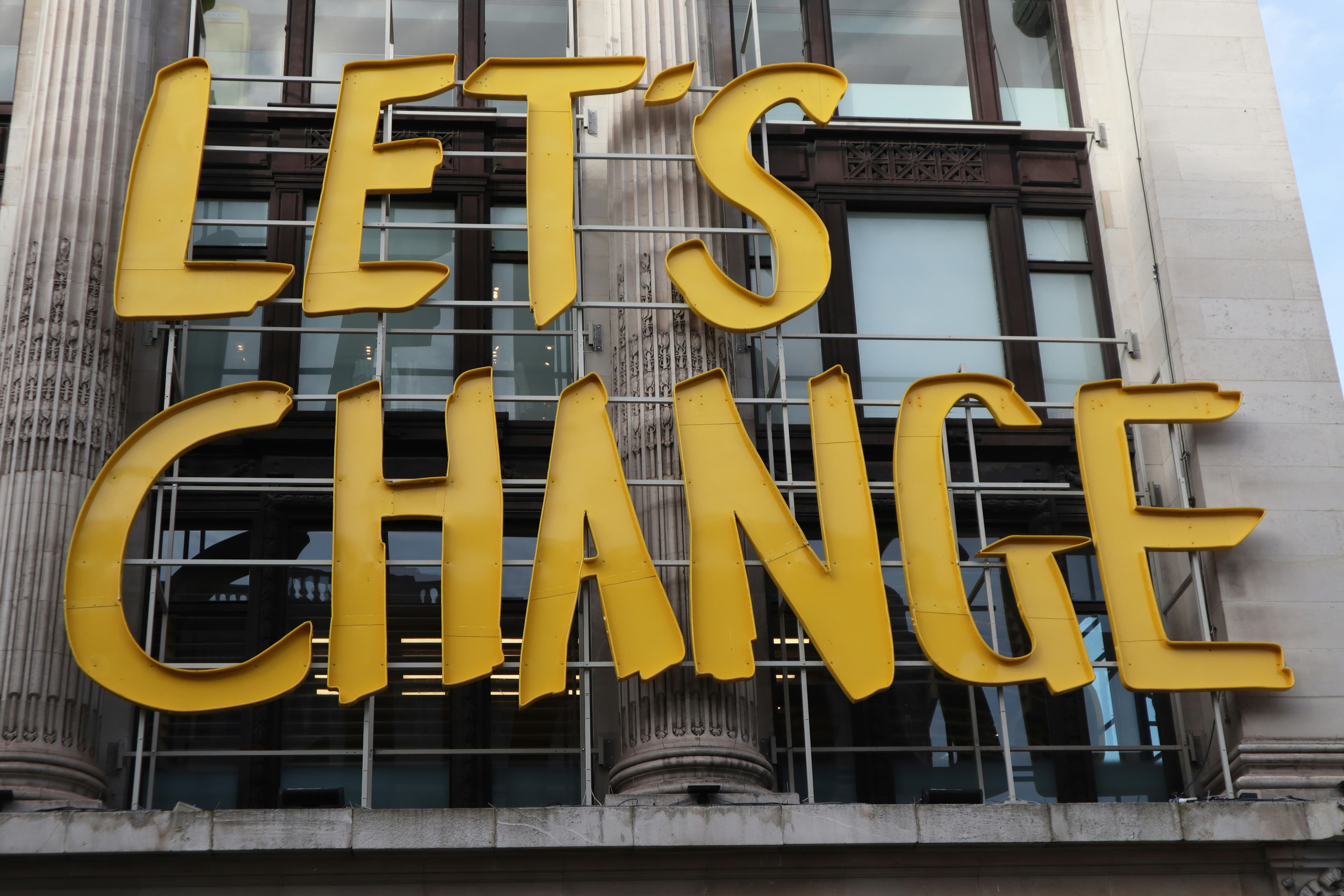
People First: Reframing Training as a Tool for Civic Change
Investing in People: The Catalyst of Growth for Stronger Cities
Our cities are living systems: networks of people, services, infrastructure - and at the center of it all is the workforce. It's easy to celebrate the visible wins like finished projects, reliable services, and steady growth. But the quieter, more difficult parts of the work often go unnoticed. When processes break down, technology falls behind, or staff skills aren’t quite there, it can feel uncomfortable. Yet these are the very moments that offer the biggest chances to grow.
What if we stopped seeing training and development as optional add-ons? What if we saw them as powerful tools for change? The real opportunity in public service isn’t just in keeping things running - it’s in constantly building new skills, staying flexible, and finding new meaning in the work. Investing in people isn’t just helpful, it’s essential to building strong communities.
The Catalyst: When Challenges Expose Gaps
Change is always happening in city government. New rules, tight budgets, new technology, and growing community expectations can quickly outpace what current systems and staff can handle. When that happens, skill gaps show up - and while that can be tough, it doesn’t mean failure.
These gaps are actually opportunities. They give us a chance to ask: How is the organization really doing? What do our people need to do their jobs well? What skills are missing? Where are things getting stuck? Who feels unsure in their role? Taking time to ask these questions is the first step toward real improvement.
It also takes courage to face these gaps. It means recognizing that past training or ways of working might not be enough anymore. But when cities take that step, they open the door to thoughtful, intentional growth - where learning becomes expected and welcomed, not avoided.
Learning in the Midst of Transition: A Personal Anecdote
A few years ago, I led a project to update several city services using new software tools. On paper, everything looked good: clear budget, solid timeline, strong support. But when we started, things didn’t go as planned. Staff weren’t ready to manage change, and many didn’t feel comfortable using the digital tools.
As delays piled up and frustration grew, we knew we had to shift. So we paused the project and brought together people from every department involved. Instead of pushing ahead blindly, we asked: What do you need to feel ready? What kind of support would help you succeed?
We responded by creating focused training sessions that went beyond the software. We included topics like how change works in organizations. We set up peer support groups and regular check-ins for feedback. Over time, confidence grew, processes improved, and people discovered strengths they didn’t know they had. The project wasn’t perfect, but it became much stronger because we listened and adjusted early on.
Create an Account to ContinueYou've reached your daily limit of free articles. Create an account or subscribe to continue reading.Read-Only
$3.99/month
- ✓ Unlimited article access
- ✓ Profile setup & commenting
- ✓ Newsletter
Essential
$6.99/month
- ✓ All Read-Only features
- ✓ Connect with subscribers
- ✓ Private messaging
- ✓ Access to CityGov AI
- ✓ 5 submissions, 2 publications
Premium
$9.99/month
- ✓ All Essential features
- 3 publications
- ✓ Library function access
- ✓ Spotlight feature
- ✓ Expert verification
- ✓ Early access to new features
Read-Only
$3.99/month
- ✓ Unlimited article access
- ✓ Profile setup & commenting
- ✓ Newsletter
Essential
$6.99/month
- ✓ All Read-Only features
- ✓ Connect with subscribers
- ✓ Private messaging
- ✓ Access to CityGov AI
- ✓ 5 submissions, 2 publications
Premium
$9.99/month
- ✓ All Essential features
- 3 publications
- ✓ Library function access
- ✓ Spotlight feature
- ✓ Expert verification
- ✓ Early access to new features
More from Professional Development and Training
Explore related articles on similar topics





